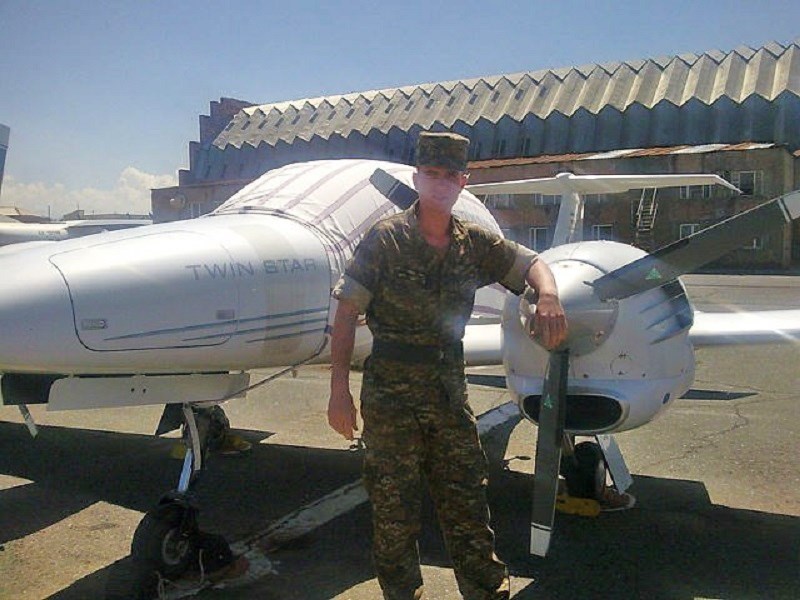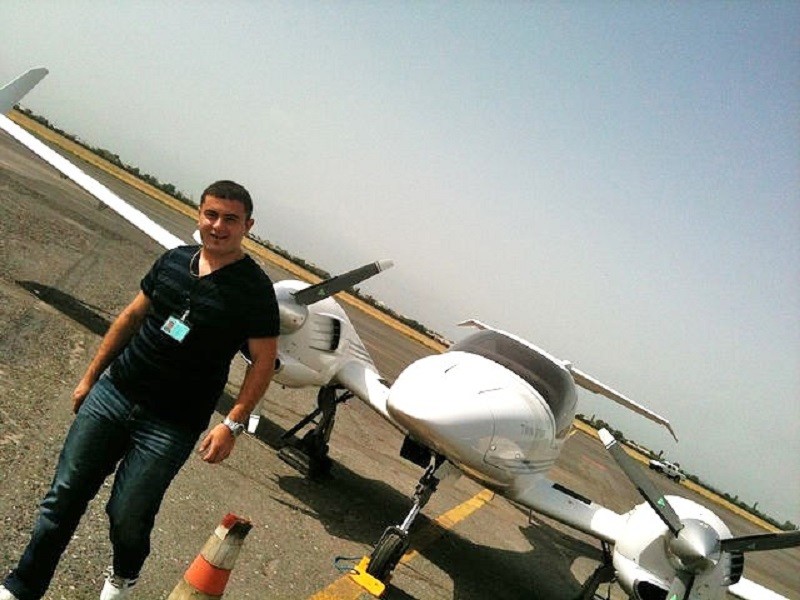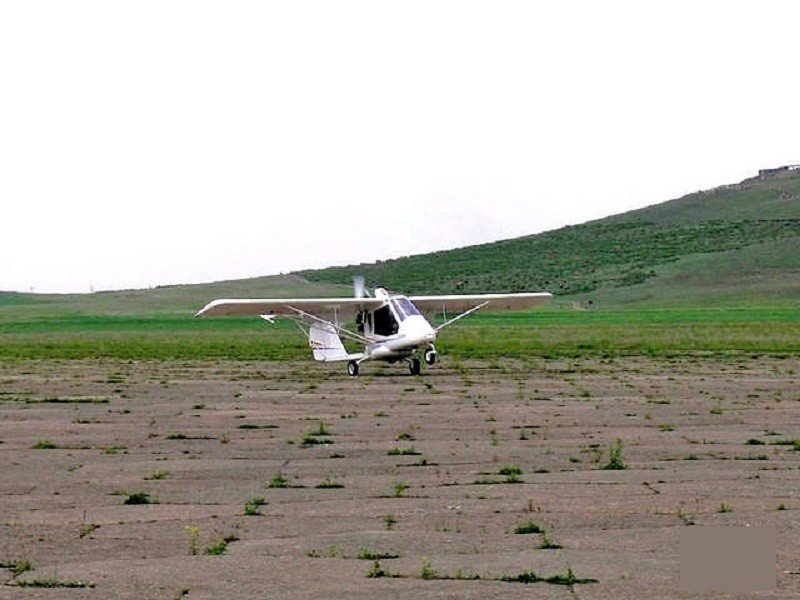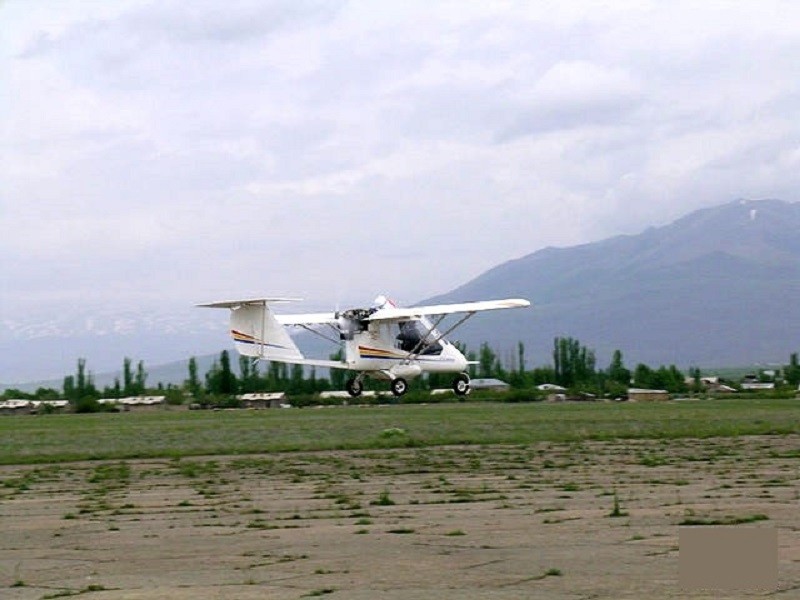Re: Nagorno-Karabagh: Military Balance Between Armenia & Azerbaijan
This isn't news, but it's entertaining to see how azeri propoganda machine continues to spew crap onto the internet/media. Look how upset they are by the Iskander news lol. It literally looks like an 8 year old wrote it.
This isn't news, but it's entertaining to see how azeri propoganda machine continues to spew crap onto the internet/media. Look how upset they are by the Iskander news lol. It literally looks like an 8 year old wrote it.
The media rumors had been around long ago (and, most likely, the rumors will prove to be true) that Russia decided to supply the Iskander-M modern tactical missile systems to Armenia. In this case and in case of supplying other modern weapons, several questions arise.
At first glance, Russia's decision on Iskander-M supplies is sudden. However, may be this is not so sudden as it seems?
An extraordinary session of the Armenian National Assembly was convened July 2 to discuss an agreement on Russia’s delivering a soft loan to Armenia.
Using these funds Russia will supply the advanced weapons worth $200 million to the Armenian armed forces.
It is clear that another soft loan promises Yerevan a lot of problems. A calming loan agreement for the Armenian authorities will increase the country’s huge external debt. Supplying of more weapons in debt (and it must be paid anyway) must disturb people in Armenia, who have nothing to eat. It is clear that finally, the debt for the authorities’ serenity will be a heavy burden for the future generations of Armenians, who will unlikely to need the outdated by that time and greatly corroded complexes which Moscow will not allow Armenia to use.
But the questions remains, why does Moscow need it? To tell the truth, the Russian authorities are not inclined to deliver their strategic weapons to third countries, and some misunderstandings between the Russian defense ministry and the Kremlin have taken place more than once because of that.
However, Moscow has suddenly decided to help starving Armenia by giving it weapons. Given the fact that nowadays one can hardly call the economy of Russia itself thriving because of the sanctions and falling oil prices (while a lot of money are needed for rearmament of Russia’s own army), such a gesture clearly looks forced.
The only question is what prompted Moscow to take such a controversial decision.
The agreement on granting a loan by Russia was reached in late June, at a time when, by a strange coincidence, protests against the increase in electricity tariffs, insisted upon by the Russian company Electric Networks of Armenia, began in Yerevan and other cities of the country.
Naturally, the Armenian people are tired. They can no longer make permanent concessions to the government and therefore, protest it. Nevertheless, such protests are a very convenient excuse for explaining to Russia’s everyman the reason for providing the neighboring country with assistance, which is supposed to prevent any western influence to Armenians and prevent them getting out of Kremlin’s “sphere of influence” as Ukraine did. From this point of view, the protests in Armenia became a very convenient justification of Russia’s activities on the loan issue. Isn’t it too convenient to be just a coincidence?
Moreover, possession of modern Russian weapons by Armenia is a convenient reason for Russia to sell its weapons to Azerbaijan for several billions dollars. Azerbaijan doesn’t need loans and can buy what it needs, thereby assisting Russia’s defense sphere with vital financial injections.
However, it won’t be difficult for Moscow from the technical or moral point of view to control the Russian weapons delivered to Armenia.
At first glance, Russia's decision on Iskander-M supplies is sudden. However, may be this is not so sudden as it seems?
An extraordinary session of the Armenian National Assembly was convened July 2 to discuss an agreement on Russia’s delivering a soft loan to Armenia.
Using these funds Russia will supply the advanced weapons worth $200 million to the Armenian armed forces.
It is clear that another soft loan promises Yerevan a lot of problems. A calming loan agreement for the Armenian authorities will increase the country’s huge external debt. Supplying of more weapons in debt (and it must be paid anyway) must disturb people in Armenia, who have nothing to eat. It is clear that finally, the debt for the authorities’ serenity will be a heavy burden for the future generations of Armenians, who will unlikely to need the outdated by that time and greatly corroded complexes which Moscow will not allow Armenia to use.
But the questions remains, why does Moscow need it? To tell the truth, the Russian authorities are not inclined to deliver their strategic weapons to third countries, and some misunderstandings between the Russian defense ministry and the Kremlin have taken place more than once because of that.
However, Moscow has suddenly decided to help starving Armenia by giving it weapons. Given the fact that nowadays one can hardly call the economy of Russia itself thriving because of the sanctions and falling oil prices (while a lot of money are needed for rearmament of Russia’s own army), such a gesture clearly looks forced.
The only question is what prompted Moscow to take such a controversial decision.
The agreement on granting a loan by Russia was reached in late June, at a time when, by a strange coincidence, protests against the increase in electricity tariffs, insisted upon by the Russian company Electric Networks of Armenia, began in Yerevan and other cities of the country.
Naturally, the Armenian people are tired. They can no longer make permanent concessions to the government and therefore, protest it. Nevertheless, such protests are a very convenient excuse for explaining to Russia’s everyman the reason for providing the neighboring country with assistance, which is supposed to prevent any western influence to Armenians and prevent them getting out of Kremlin’s “sphere of influence” as Ukraine did. From this point of view, the protests in Armenia became a very convenient justification of Russia’s activities on the loan issue. Isn’t it too convenient to be just a coincidence?
Moreover, possession of modern Russian weapons by Armenia is a convenient reason for Russia to sell its weapons to Azerbaijan for several billions dollars. Azerbaijan doesn’t need loans and can buy what it needs, thereby assisting Russia’s defense sphere with vital financial injections.
However, it won’t be difficult for Moscow from the technical or moral point of view to control the Russian weapons delivered to Armenia.



















Comment